Back in July 2014, The Spectator Australia was ridiculed by the luvvies for running a self-congratulatory cover crowing about the repeal of Julia Gillard’s much-hated carbon tax by the Abbott government – a week before it was actually repealed. (There had been a last minute hiccup just as we went to press).
But the joke was not only on us, it was on the entire Australian public. For now, just over four years later, the very government (admittedly ‘under new management’) that sensibly repealed the carbon tax is desperately trying to introduce something potentially every bit as malign and fraudulent: its National Energy Guarantee.
In much the same way that Ms Gillard, Greg Combet and union boss Paul ‘not one job’ Howes frantically tied themselves up in ever tighter and more tangled knots attempting to persuade a sceptical public that their carbon tax was so cleverly and elegantly designed that it was capable of saving the planet without costing a single bluecollar job, so we now have a so-called Liberal PM and his minister attempting to pull off a similar sleight of hand. This time, it’s a three-way card trick; ensure reliability, lower prices, save the world. Needless to say, the public don’t buy it.
Why? Because common sense and bitter experience tells them they are being duped all over again. Jobs most certainly were lost thanks to the carbon tax despite all those assurances to the contrary. And many more have been lost since the ratification of the Paris Agreement on climate change, with coal-fired power stations being blown up or shut down and jobs and industries lost as ideologically-driven governments shrug dismissively at such wanton vandalism. Electricity and domestic bills have skyrocketed. Madcap schemes from giant batteries in the desert to pushing water uphill have been sold as miracle cures to our ongoing energy woes.
To compound the political insanity, a weary and traumatised public has even allowed itself to succumb to a form of Stockholm Greenie Syndrome, whereby – if polls are to be believed – voters are convinced that Labor, with its fanatical commitment to ‘cheap’ (i.e. heavily subsidised) renewables, is more likely to bring down electricity prices. As if.
Meanwhile, the NEG is a bureaucrat’s contraption designed to give the appearance of reconciling the irreconcilable. But the reality is you cannot have cheap power and meet the punitive Paris targets unless you are geologically blessed with abundant hydro potential or shale gas, or are prepared to go nuclear. Which ain’t us. As such, the NEG can only ever be at its best a poor compromise that guarantees inferior results. Energy will never be as cheap as it could be, and emissions will never come down to the degree demanded by the climate fanatics. (And that’s ignoring the truly insane and undeniable fact, as explained by the Chief Scientist himself, that even if we reduced our carbon emissions to zero, it wouldn’t make a blind bit of difference to global temperatures).
Worse, if the NEG is legislated, it embeds the Paris Agreement into Australian law. Labor (when they get their hands on it, which they will) will use it for one purpose alone – to finally drive coal out of the market entirely, thereby impoverishing our nation in a permanent socialist quagmire of ever-increasing energy costs and ever-decreasing productivity and standards of living.
If the Coalition were serious about preventing a Shorten government, it would immediately pull out of the Paris Agreement (à la Trump) and remove all renewables subsidies. Then decimate Labor in a landslide election by asking the people whether they are prepared to sacrifice their prosperity on the altar of climate change dogma.
Or not.
Got something to add? Join the discussion and comment below.
Get 10 issues for just $10
Subscribe to The Spectator Australia today for the next 10 magazine issues, plus full online access, for just $10.
You might disagree with half of it, but you’ll enjoy reading all of it. Try your first month for free, then just $2 a week for the remainder of your first year.


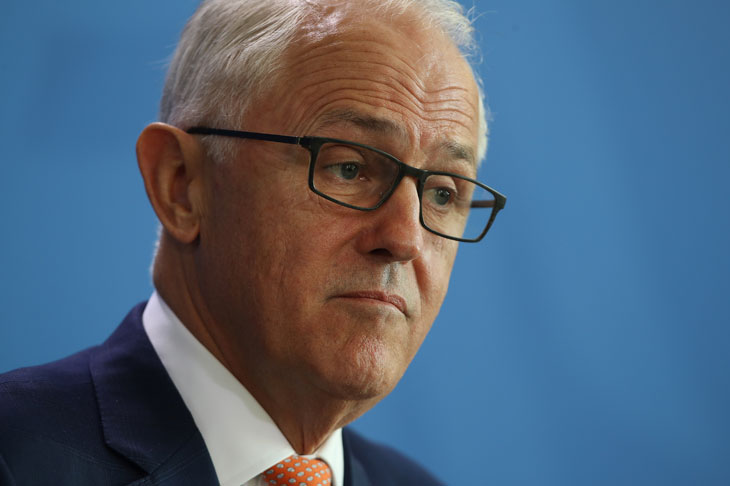
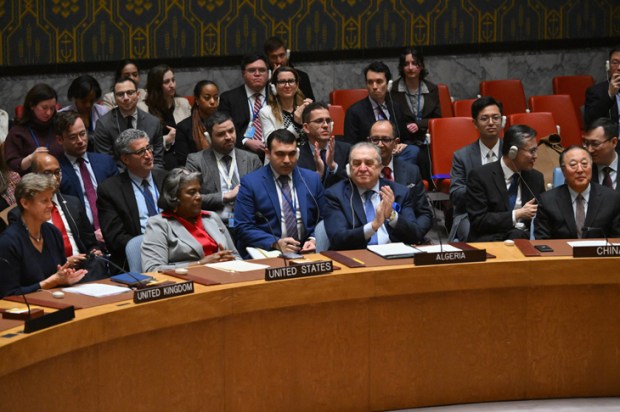
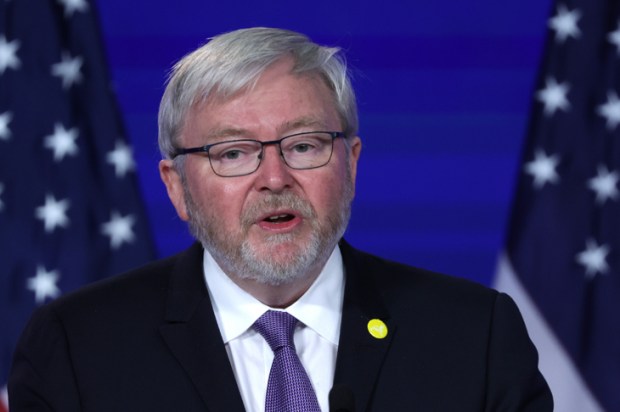
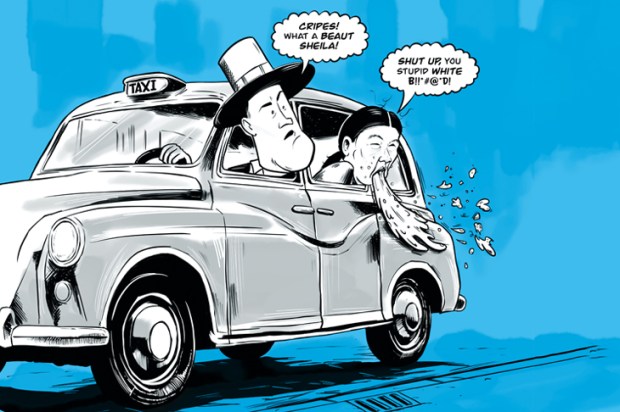
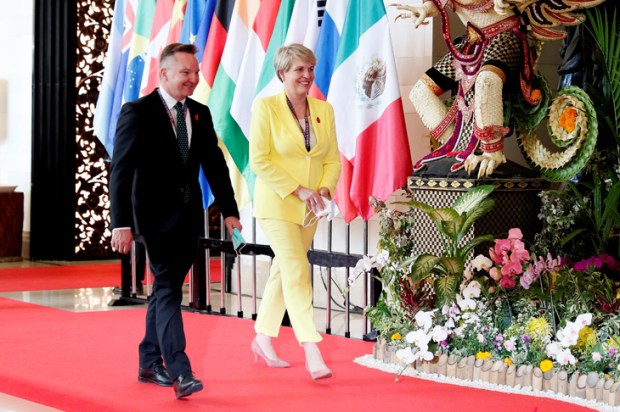
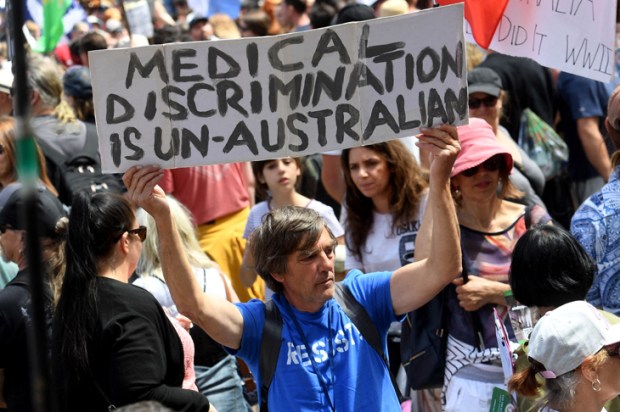
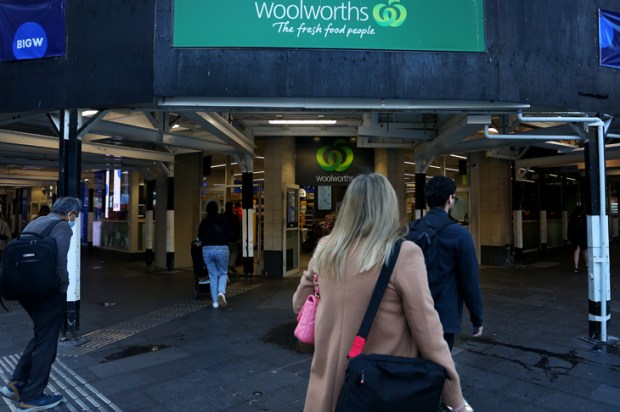






Comments
Don't miss out
Join the conversation with other Spectator Australia readers. Subscribe to leave a comment.
SUBSCRIBEAlready a subscriber? Log in